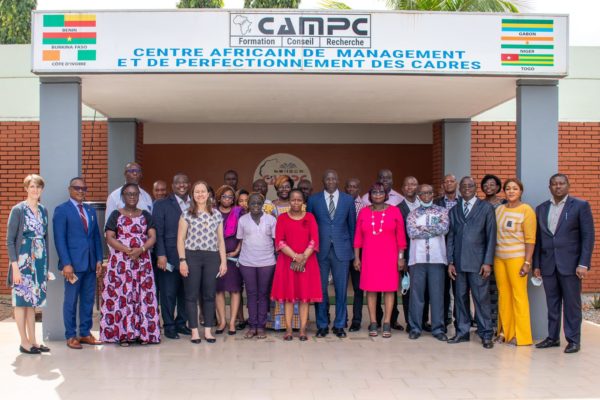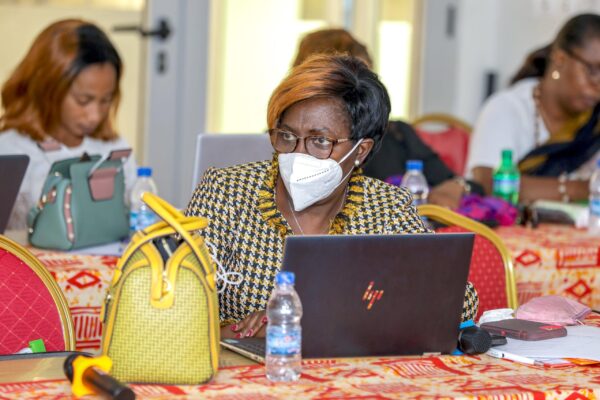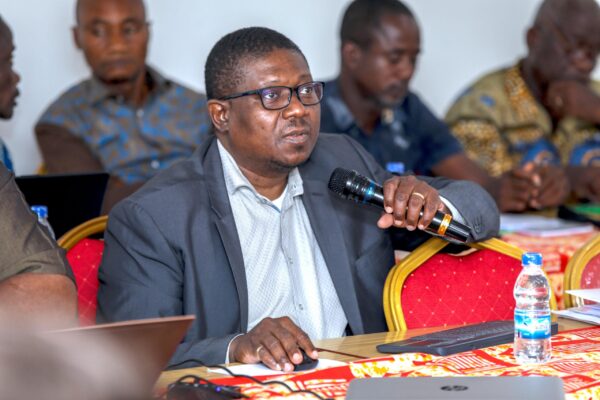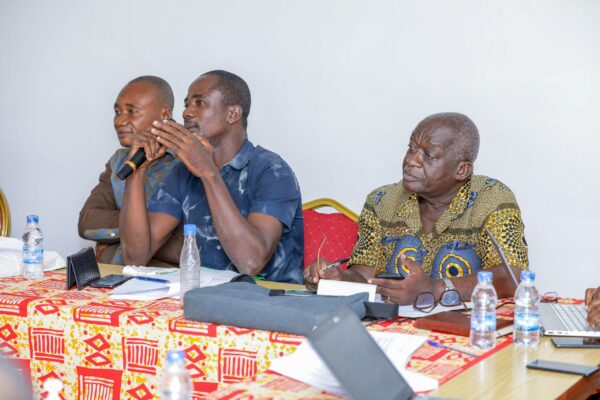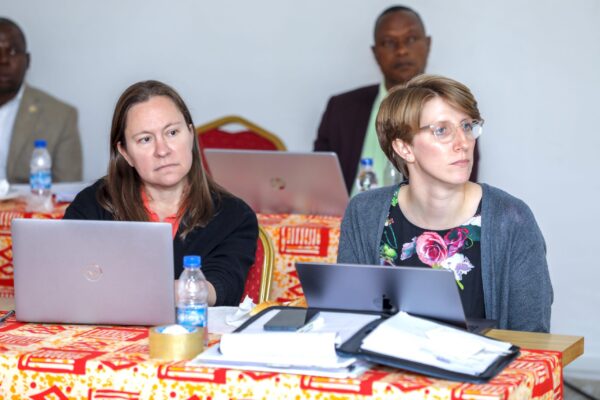This action plan represents the combined work of all stakeholders involved in the fight against these Neglected Tropical Diseases: the Ministry of Health, Public Hygiene and Universal Health Coverage, NGOs, academic and scientific institutions, technical and financial partners, and people affected by leprosy.
The country’s Zero Leprosy Action Plan is aligned with the WHO NTD Roadmap 2021 – 2030 and the Republic of Côte d’Ivoire’s National Development Plan and National Health Development Plan. The plan outlines the objectives, interventions, and resources needed to propel the country toward zero leprosy.
The Côte d’Ivoire Zero Leprosy Action Plan is built around the following strategic pillars:
- Creating an enabling environment for nationally driven integrated interventions to control leprosy and skin-based NTDs
- Strengthening primary and secondary prevention of leprosy and neglected skin diseases
- Inclusive management of disability related to leprosy and skin-borne NTDs
- Fighting stigma and ensuring respect for human and gender rights
The plan prioritizes interventions that will lead to significant progress towards the goal of zero leprosy in the country. These interventions include:
- Political commitment, governance and partnership with a particular emphasis on rigor and transparency in the use of mobilized resources
- Planning, monitoring and evaluation and research
- Active screening and early intervention in an integrated approach
- Primary and secondary prevention interventions, including single-dose rifampicin post-exposure chemoprophylaxis for exposed individuals and promotion of access to water, hygiene and sanitation
- Diagnosis, management of complications, access to referral centers and self-care
- The development of principles and guidelines to combat stigma, discrimination and gender mainstreaming
- Training and involvement of persons affected at all stages
A future without leprosy in Côte d’Ivoire is within reach. Congratulations to the National Leprosy Programme of Côte d’Ivoire for completing this important step toward ending leprosy nationwide.
Photos courtesy of Foundation Raoul Follereau
